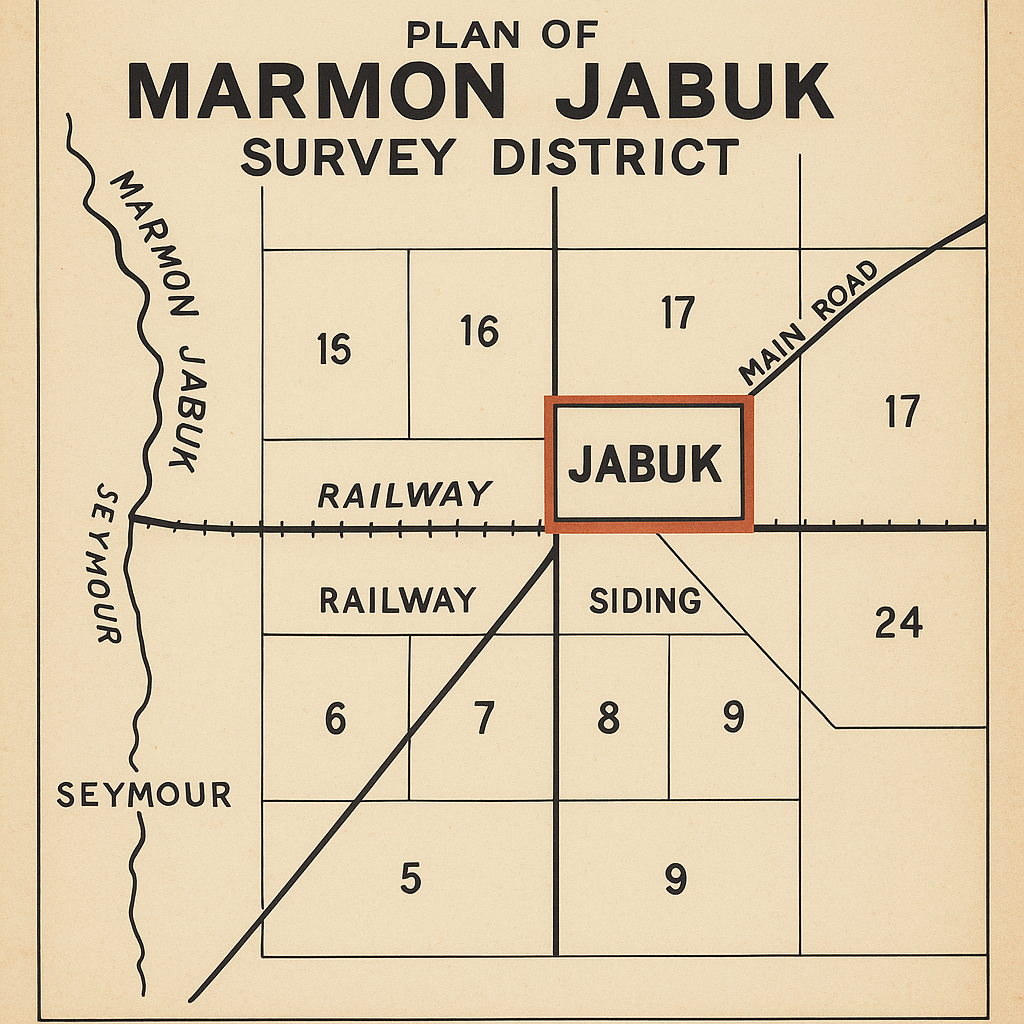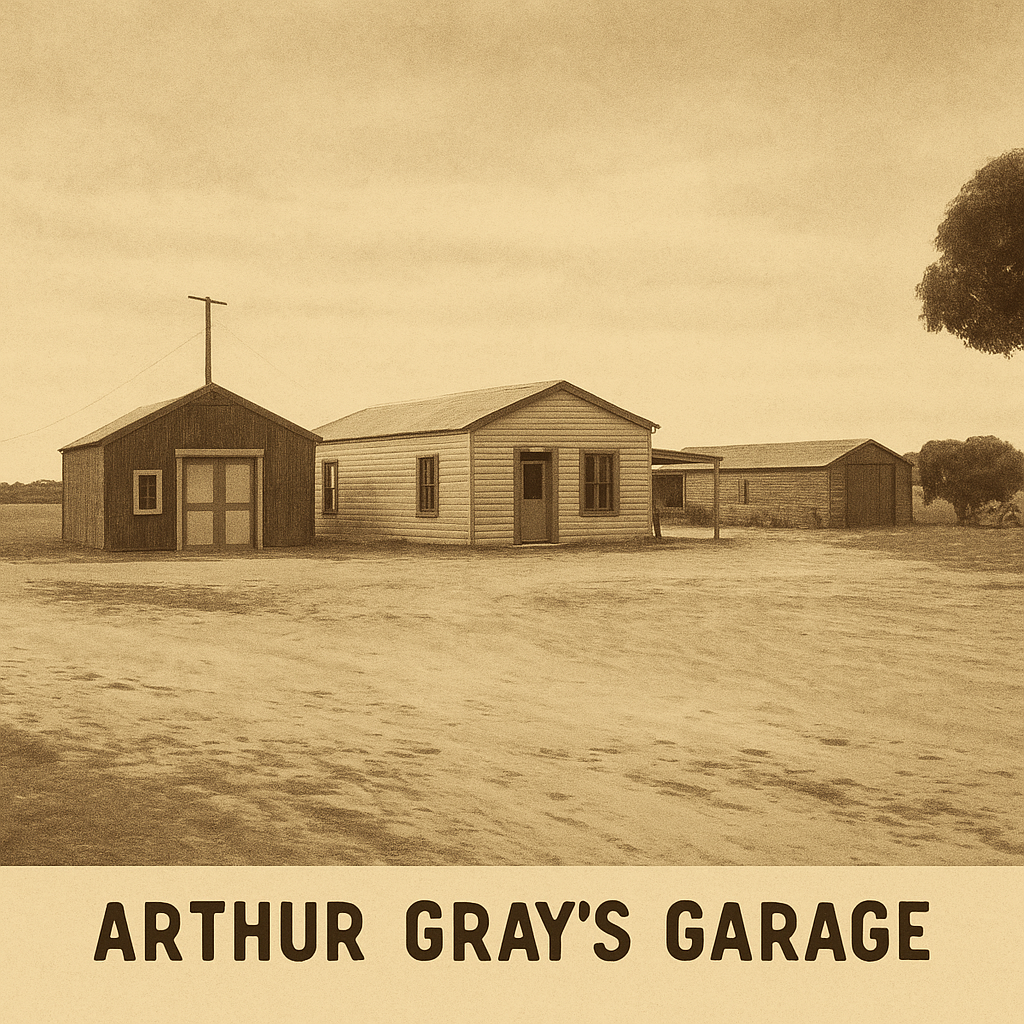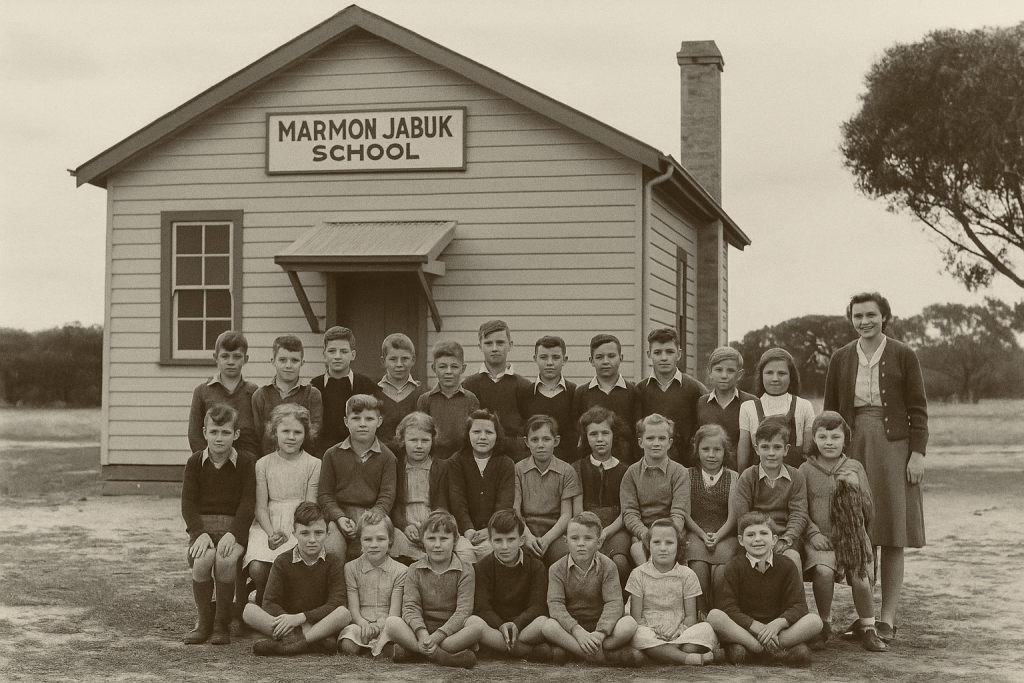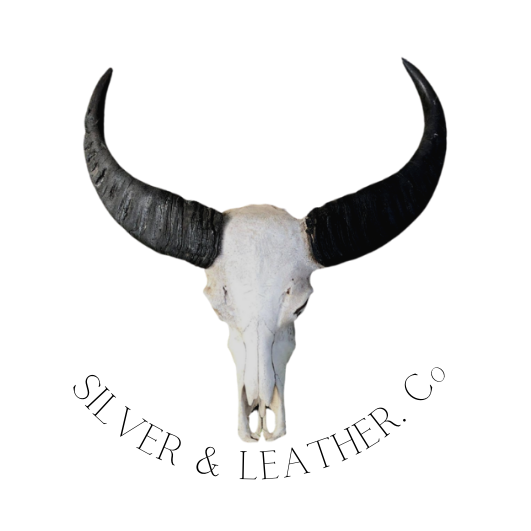You can get Elizabeth’s book here.
Historian Elizabeth Nicholes and team have collated a wonderful book of local history.
The Road to Jabuk: A History Steeped in Grit and Good Humour

🐂 What’s in a Name?
Like most great Aussie mysteries, the name Jabuk has a few theories. Some say it’s Aboriginal for “bullock,” others think it may be a warped version of Memorjabuk—an outstation from 1866. There’s even talk it came from Afghan influences, though locals might tell you it just sounds right after a good yarn and a cup of billy tea.
Jabuk is also notorious for confusing the post office—letters meant for our little town have occasionally ended up in Saudi Arabia. Apparently there might be a “Marmon Jabuk” somewhere over there too. Go figure.

🛠️ From Garage to Glory
In 1928, Arthur Gray built Jabuk’s first garage next to the general store. It was more than a place to get your tank filled—it was the heart of town. He partnered with Frank Spork and later employed young Reg Bourke, who remembers stoking the soldering irons and making 2000-gallon tanks for just £12.
Over the decades, ownership passed through a cast of local legends: Dib Thompson, the Eylward brothers, Frank Bartlett, Ross Regnier, Nevil Pahl, Peter Mallota, and Daryl Barney. The garage finally downed tools in 1985.
Today, that very spot is the home of Silver & Leather Co, where handmade leather goods are crafted in the spirit of those hard-working pioneers. Local produce and artisan treasures fill the shelves—proof that good hands and great stories still live here.
🌾 First Footprints
The original settlers of Jabuk were a tough bunch. They built with sweat, timber, and not much else. Bachelors like Brickcker, Dib Thompson, and Bill Girdham each carved out their patch—farming, shearing, or crafting by day and telling tall tales by night.

🏫 The School That Started It All
Opened in 1911 as Marmon Jabuk, the school was the town’s pride until it closed in 1964. During the war, it doubled as a ration book station and even had trenches dug in case of emergencies. It was the kind of place where kids learned their sums, ducked under desks for drills, and ran barefoot through rabbit holes on the way home.
⛪ Faith and Fellowship
Jabuk had its churches—quiet places full of hymn books and hearty community spirit. Sunday services were followed by shared scones and local gossip. Weddings, funerals, and bake sales were held under these rooftops, marking the rhythm of rural life.
🎖️ The War Years
When WWII hit, Jabuk stood tall. The young men enlisted and were farewelled at the Institute building, ration books were handed out at the school, and the ladies formed a Fighting Forces Fund. They raised money through dances, sheep sale lunches, and even spelling bees. Trenches were dug for safety, and trees were planted to honour those who served.
Petrol shortages led to gas producers—odd contraptions stuck to the back of cars that allowed travel on vapours and hope. Even Doc Cock from Lameroo used one to make his rounds.
🐇 The Rabbit Plague
Improved pastures had an unintended side effect—rabbits. They moved in like they owned the place. Local trapper Roy Johnson caught 120 pairs a night. The countryside was riddled with holes, and rabbiting became both a job and a battle.
🚂 The Railway and The Store
The railway brought life to Jabuk, moving wheat, livestock, and the occasional wandering soul. It connected our patch of scrub to the wider world. And then there was the general store—where you bought flour, swapped news, and got a cold drink on a hot day.
📜 A Poem for the Ages
“Where the Mallee scrub and wheat fields meet,
Under endless skies and dusty feet,
Jabuk stands with her head held high,
A name unknown, but never shy.”
— “The Jabuk Mallee” by Henry J. Tucker
💛 With Gratitude
Whilst there is much creative cheekyness in the above details the real historian with all the facts is Elizabeth Nicholls. I would like to give a Special thanks to Elizabeth Nicholls and her dedicated team of history writers, who preserved these stories with care and love. Without them, Jabuk’s rich tapestry might have faded with the red Mallee dust.
Our Garage
